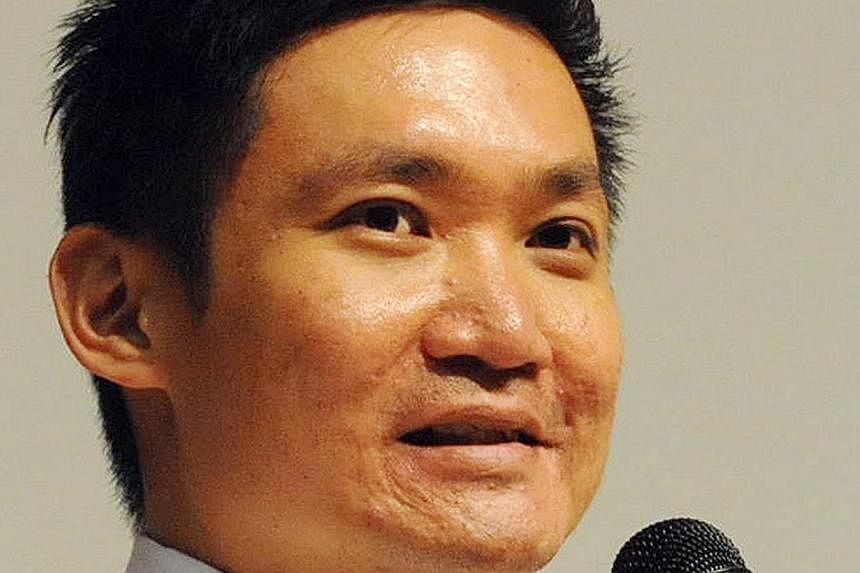Q: How would you characterise Prime Minister Lee Hsien Loong's 10 years at the helm, in a word or a phrase?
A: Well-intentioned. A lot of what he's done and is doing is very far-sighted, but on the negative side it is also rather technocratic and very development-centred.
It makes one feel that the ends of development justify everything else, the casino is one such case. Singaporeans are getting more sophisticated and development and growth are not the only things they're looking for. They also want a sense of identify and belonging, these soft issues need better attention.
Q: Of all the things that have happened in the past decade, what do you consider PM's three greatest achievements?
A: PM Lee succeeded spectacularly in making Singapore's economy even more sophisticated than it was, and making Singapore an even more global city than 10 years ago. Around the world, Singapore is viewed as one of the most internationally welcoming, most attractive places to live in. It is not just in Asia, but also on the world level. That's why you have a lot more millionaires and billionaires who come and live here.
This is a spectacular achievement, that a country that was a British colony right up to the 1960s is now considered like a Switzerland of Asia.
Most people think of Singapore as a very stable and serious state, so they continue investing here and people want to live here.
Q: What about his three greatest disappointments?
A: Some of the promises that were made, whether implicit or explicit, in 2004 - that we become more consultative, that every Singaporean counts and will have a say in the running of Singapore - are not so evident 10 years on.
For example, a lot of decisions are still very top-down. Some of the biggest indicators of this are the decisions about the casinos and growing of Singapore's population to 6.9 million.
When you make a decision top down this way, and you try to sell it afterwards, it is very hard. If you had instead started the process earlier and gotten the citizens involved, gotten their buy-in, policy making and implementation would be easier.
I think PM Lee is very sincere, but there are just a lot of standard operating procedures and government reflexes that are hard to change.
The ministries don't have it in their DNA to consult and they don't know how to package policies in a way that will go down well with the public. It makes the job of the politician so much harder.
Q: What do you see as challenges for the PM in the next 5 to 10 years?
A: One of the biggest challenges would be what is Singapore's direction in the next five to 10 years, especially in its political economy.
What type of growth are we looking for and what does that growth depend on?
I think the model we've had so far has been very dependent on external growth and on foreign talent - all manner of foreign talent from the top to the bottom levels, from Employment Pass through S-Pass to Work Permits. I think we've come to a stage where many people feel this is not sustainable.
So one of the important challenges is going forward, what will be a sustainable economic-political system for Singapore.
The political and economic systems have to be complementary.
If you want to continue to have a globalised economy with lots of foreigners coming in and going out, the political system must also accommodate that by being more plural, allowing more debates.
We will have people coming from everywhere and their concerns and needs will have to be met, you're not only meeting the needs of Singaporeans who have the vote, but also of foreigners who don't have the vote but have significant input to Singapore's continued prosperity and welfare.
This is also what sets us apart from other small, rich states. Scandinavian countries and New Zealand, for example, are not as dependent on foreign talent.

